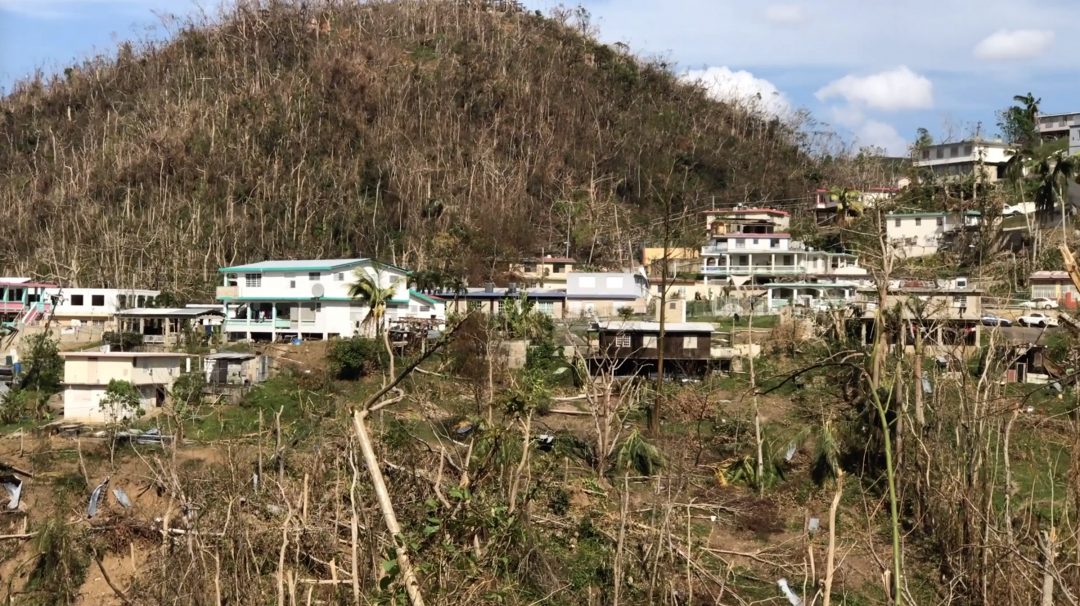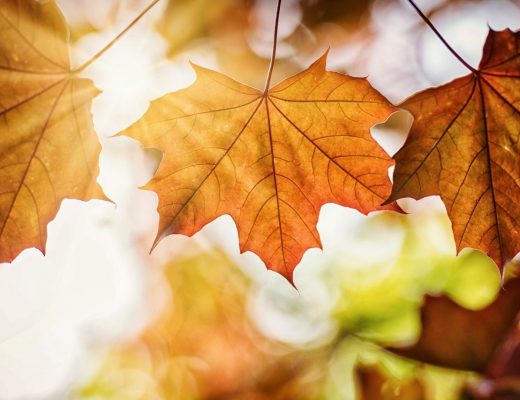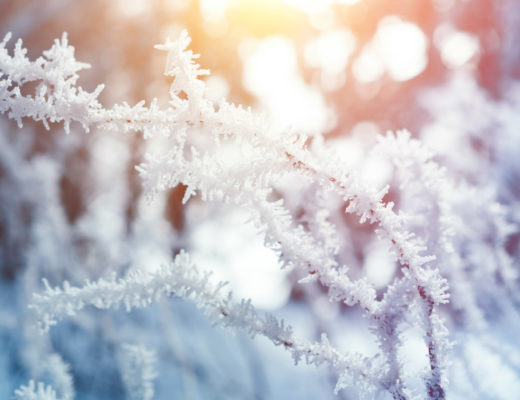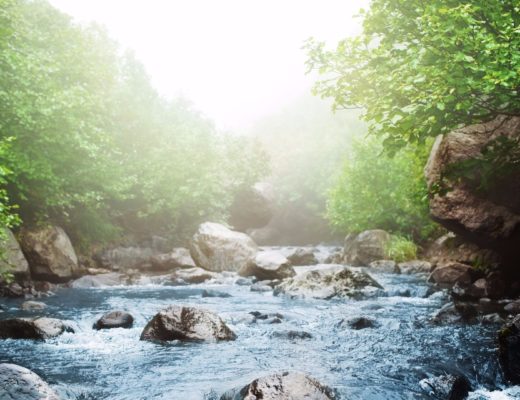After a hurricane, local leaders need to rebuild not only the damaged roads and buildings, but also the injured trees and plant life. The loss of natural habitat for animals during these major storms can leave some species completely homeless and without a food source.
In 2017, Puerto Rico’s El Yunque National Forest experienced long-lasting damage from Hurricanes María and Irma. Around 30 percent of the island’s trees were damaged or destroyed, and Hurricane María was the strongest hurricane to make direct landfall on Puerto Rico since 1928. Due to the storm damage, the critically endangered Puerto Rican parrot suffered a 95 percent decline in population. In addition, the on-site greenhouse – an important resource for propagating seedlings to restore lost canopy cover – was demolished during the storm. Linde partnered with the Arbor Day Foundation to rebuild the greenhouse and begin the long-term restoration of El Yunque National Forest.
The reforestation project is multi-phased and complex due to the need to reconstruct the on-site greenhouses before growing the seedlings. Together the Arbor Day Foundation and Linde are partnering to create a sustainable and regenerative path forward. The Linde team has visited the project, on the ground, to help with tree-planting and to volunteer in reforestation efforts. The company’s support will fund a large portion of the rebuilding costs for the on-site greenhouse, which is the first major step towards replanting the parrot’s habitat in the forest.
Once the greenhouse is rebuilt, the reforestation team at El Yunque will work to germinate the seeds needed for replanting. The native species that they are growing are not available from suppliers and the planting team needs to educate themselves on best planting strategies for these plants. This knowledge will come through a partnership with the U.S. Forest Service and will make the planting team more resilient for future needs.
“We are very pleased to participate with Arbor Day Foundation in this significant event for El Yunque National Forest. Here in Puerto Rico we are all aware of the importance of this reserve to the ecosystem and what it represents to preserve the well-being of our natural resources,” said Luis F. Duclaud Ochoa, Cluster Caribe President at Praxair, a Linde company. “We value the opportunity to contribute on this green initiative, and we thank all of our volunteers for always supporting these events.”
The 10 different tree species being planted in El Yunque National Forest will provide food, understory, shade, and nesting cavities for the parrot. The newly planted trees will also work to restore the forest canopy, as the slow-growing trees mature. The project, working to replace the one out of every five trees that were lost during the hurricanes, will plant both fast-growing species and slow-growing mature forest species, in order to create a resilient habitat for the Puerto Rican parrot. When the parrots are ready, they will be released around the Iguaca Aviary.
“Reestablishing critical nursery infrastructure will drive the El Yunque National Forest’s long-term recovery and help reestablish local wildlife populations wiped out by Hurricanes Irma and María,” said Dan Lambe, president of the Arbor Day Foundation, “We are grateful to Linde for their commitment to the restoration of the United States Forest Service’s only tropical rain forest”.




